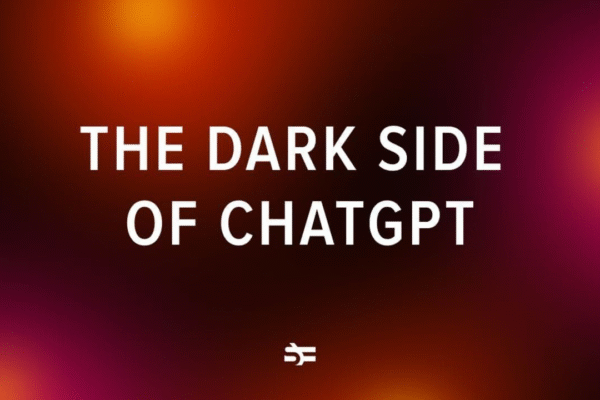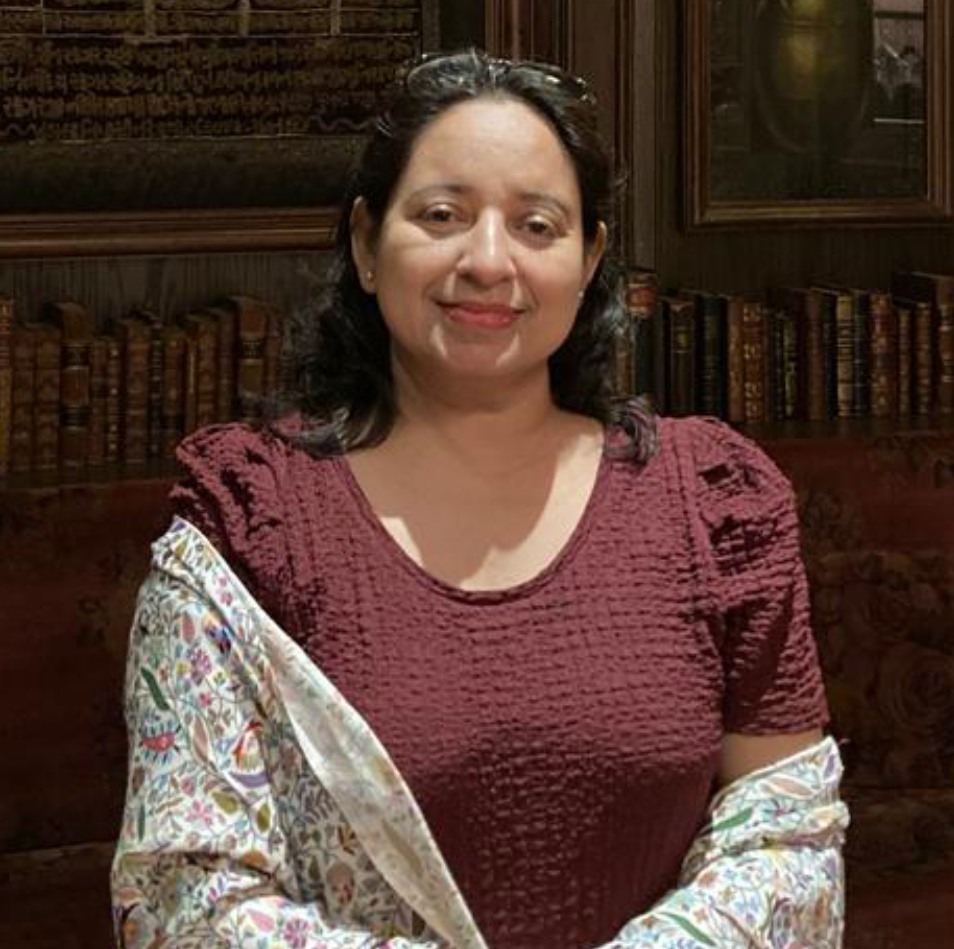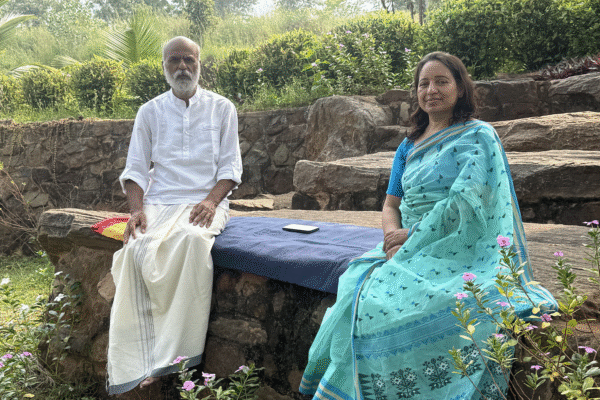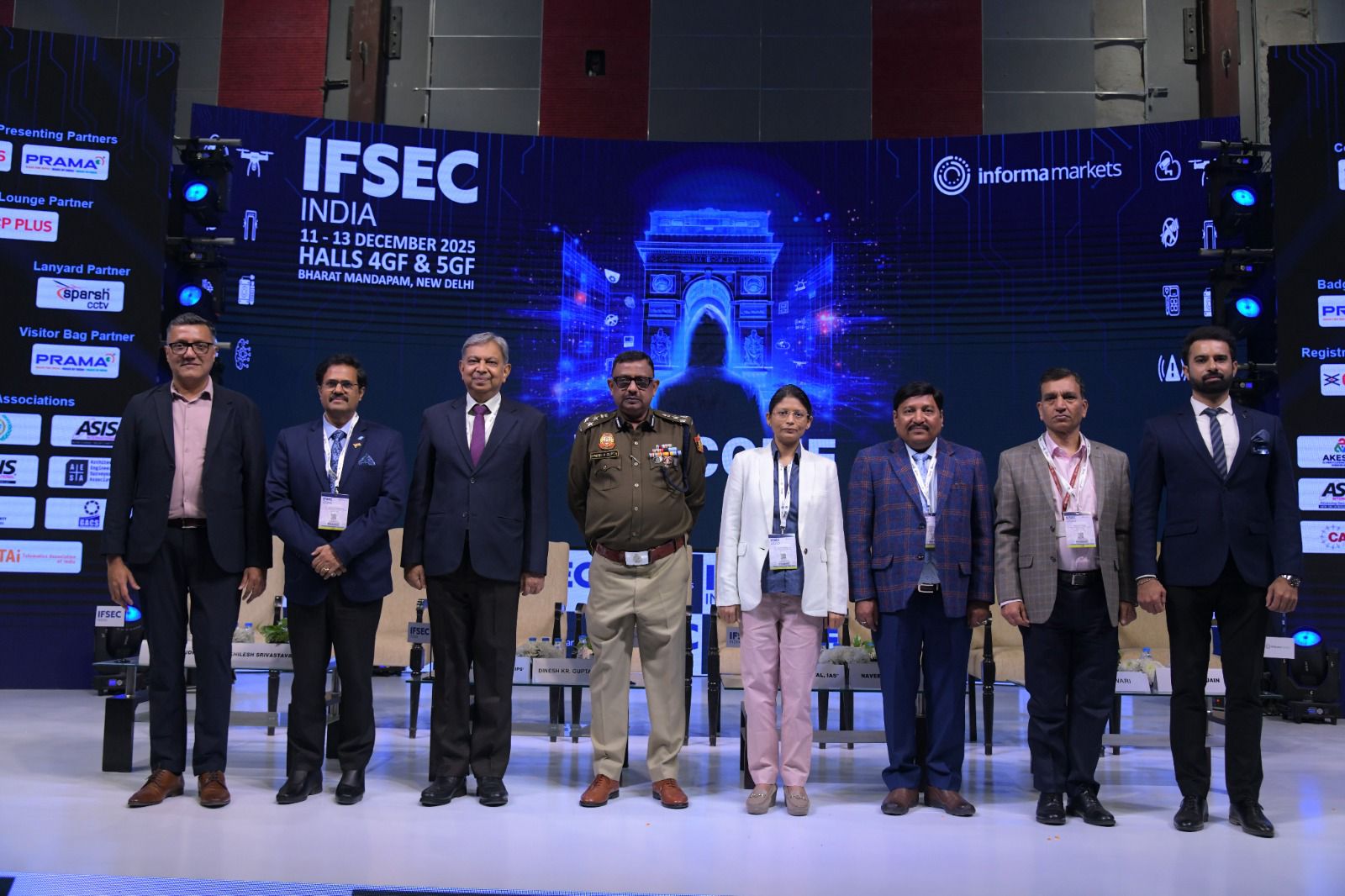

Starting this week, millions of Indians will get one year of free access to ChatGPT’s new low-cost “Go” AI chatbot. The move follows similar partnerships by Google and Perplexity AI, who recently joined hands with India’s top telecom providers to offer free or discounted AI access.
Perplexity has tied up with Airtel, India’s second-largest mobile network, while Google has partnered with Reliance Jio to bundle AI tools with data packs. On the surface, these offers look generous. But analysts say they are a long-term investment — a strategic bet on India’s digital future.
“The plan is to get Indians hooked on generative AI before asking them to pay for it,” says Tarun Pathak of Counterpoint Research.
India: A Goldmine for Global AI Companies
India has more than 900 million internet users and some of the cheapest data rates in the world. Its digital population is young, active, and spends much of its time online. For companies like OpenAI, Google, and Perplexity, India is not just a market — it’s a massive training ground.
“India offers scale and a young audience,” says Mr. Pathak. While China has a similar population size, its tech ecosystem is tightly regulated and largely closed to foreign companies. India, by contrast, provides an open and competitive market where global firms can collect large amounts of user data.
By bundling AI tools with telecom plans, companies gain access to millions of first-time users. Every question, conversation, or search helps train their models further. “The AI use cases emerging from India will serve as valuable case studies for the rest of the world,” Pathak adds. “The more unique, first-hand data they gather, the better their generative AI systems become.”
This strategy mirrors India’s early internet boom when cheap data plans brought hundreds of millions online. Now, the same model is being repeated — this time with AI. Even if only 5% of free users eventually pay for premium access, that’s still a huge number given India’s scale.
The Price of Free: Privacy and Regulation
While users welcome free access, experts warn that these offers come with hidden costs — primarily data privacy. “Most users have always been willing to give up data for convenience or something free, and that will continue,” says Delhi-based technology analyst Prasanto K. Roy.
India currently lacks a dedicated law for artificial intelligence. The Digital Personal Data Protection Act (DPDP) 2023is a broader privacy framework, but its detailed implementation is still pending. For now, this legal gap gives companies wide freedom to experiment.
Mahesh Makhija of Ernst & Young notes that once the DPDP Act is fully enacted, it could become one of the most advanced digital privacy frameworks in the world. But until then, India remains a flexible playground for global AI firms.
Elsewhere, things are tougher. The European Union requires strict transparency and consent for AI data collection, while South Korea is introducing rules that force companies to label AI-generated content and take responsibility for its use. Such restrictions make free, large-scale rollouts nearly impossible in those markets.
Roy believes India must find a balance. “We need light-touch regulation right now, but that will have to evolve as potential harms become clearer,” he says.
For global tech firms, India offers both scale and freedom — two ingredients crucial for training and expanding AI systems. Free access is not a gesture of goodwill; it’s a calculated move to lock in users early, gather vast data, and build loyalty before the market matures.
As India embraces its AI future, the challenge will be to protect user privacy without stifling innovation. For now, tech giants are betting that India’s 900 million internet users will do for AI what cheap data once did for the smartphone revolution.

A seasoned journalist with over 30 years of rich and diverse experience in print and electronic media, Prabha’s professional stints include working with Sahara English Magazine, Pioneer and JAIN TV and All India Radio. She has also been writing in Pioneer. She has also produced several documentary films through her self-owned production house Gajpati Communications. She is also the Station Director of Aligarh-based FM Radio Station, and the General Secretary of WADA NGO.








